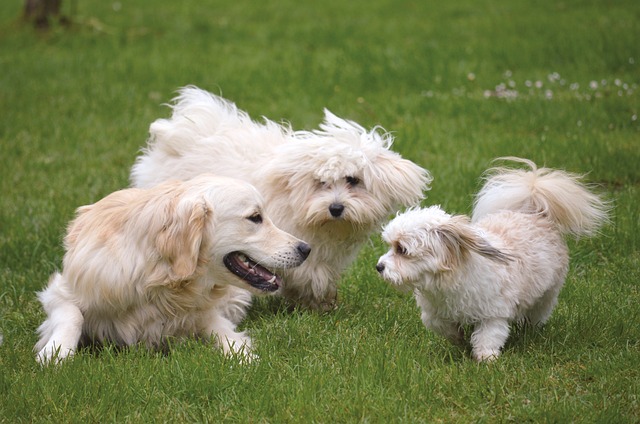
Socialization of dogs is an essential aspect of raising a healthy and happy dog. It is the process of exposing a dog to a variety of people, animals, and environments to help them develop good behavior and social skills. Dogs that are not socialized can become anxious, fearful, and aggressive, making it difficult for them to interact with other dogs and people.
Socializing a dog should start from a young age, ideally between 3-14 weeks old, when the puppy’s brain is more receptive to new experiences. During this period, the puppy should be exposed to a wide range of sights, sounds, smells, and textures. This can include meeting different people of different ages, races, and genders, as well as other animals, including cats, birds, and other dogs.
Introducing a puppy to new experiences should be done gradually and positively, making sure that the puppy is comfortable and relaxed at all times. This can be achieved by providing treats and positive reinforcement, such as praise and affection.

It is also important to expose the puppy to different environments, such as parks, pet stores, and car rides, to help them become accustomed to different smells, sounds, and movements. This can help prevent anxiety and fear of new environments in the future.
Socialization should continue throughout a dog’s life, as new experiences can help prevent boredom and promote mental stimulation. Ongoing socialization can involve enrolling the dog in obedience classes or dog parks, where they can interact with other dogs and learn new skills.
Overall, socialization is an important part of a dog’s development and can have a significant impact on their behavior and overall well-being. By providing positive experiences and gradual exposure to new environments, dogs can become confident, well-adjusted, and happy members of their human families.




